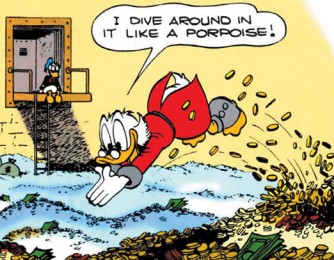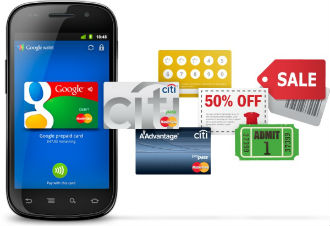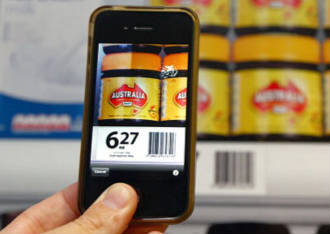 Google is pushing into cloud computing and could be about to score PayPal as a key client.
Google is pushing into cloud computing and could be about to score PayPal as a key client.
PayPal is evaluating the other leading providers and hasn’t made any final decisions, but what is worrying for Microsoft and Amazon is that it has put Google into the running.
PayPal has some existing business with AWS, namely its Braintree and Venmo products, which the company acquired in 2013. In moving infrastructure to the cloud, big companies often start with test and development workloads before touching critical customer information, and that’s likely where PayPal will begin.
But cloud services would open up new technical capabilities that are difficult inside their existing infrastructure. If there are big shopping days, Paypal could obtain some servers on the fly.
There is a lot at stake, Google wants to prove that it’s a legitimate player in the rapidly expanding cloud infrastructure market and to do that it has to kick the leaders Amazon Web Services and Microsoft firmly in the nadgers.
Google has also been allocating cash to its cloud technology as well as the sales, marketing and support needed to meet enterprise standards.
But it looks like this particular battle will be settled by cost. AWS has dropped the price of a storage product by 47 percent, the 52nd time Amazon has slashed prices.
Google may use its cash mountain to start a pricing war which is an area where Amazon would not be keen to go. Microsoft might be able to use its own cash reserves to take on the rival.
But technically Google needs to match or beat AWS in terms of speed and reliability while also winning on price against a company that’s grown up thriving on razor-thin e-commerce margins. It has a long way to go before it can give AWS a run for its money. AWS generated sales of $2.9 billion in the second quarter, almost six times the amount Google makes in an entire year, based on RBC’s estimates.
However, there are signs that things are getting better. At the beginning of the month the Synergy Research Group claimed that Google’s cloud revenue surged 162 percent in the second quarter from a year earlier. The company still only commands 5 percent of the market, but it is growing fast.
It has also poached some good clients including Snapchat, Spotify, Home Depot and Walt Disney. Getting PayPal would represent another feather in its cap.














